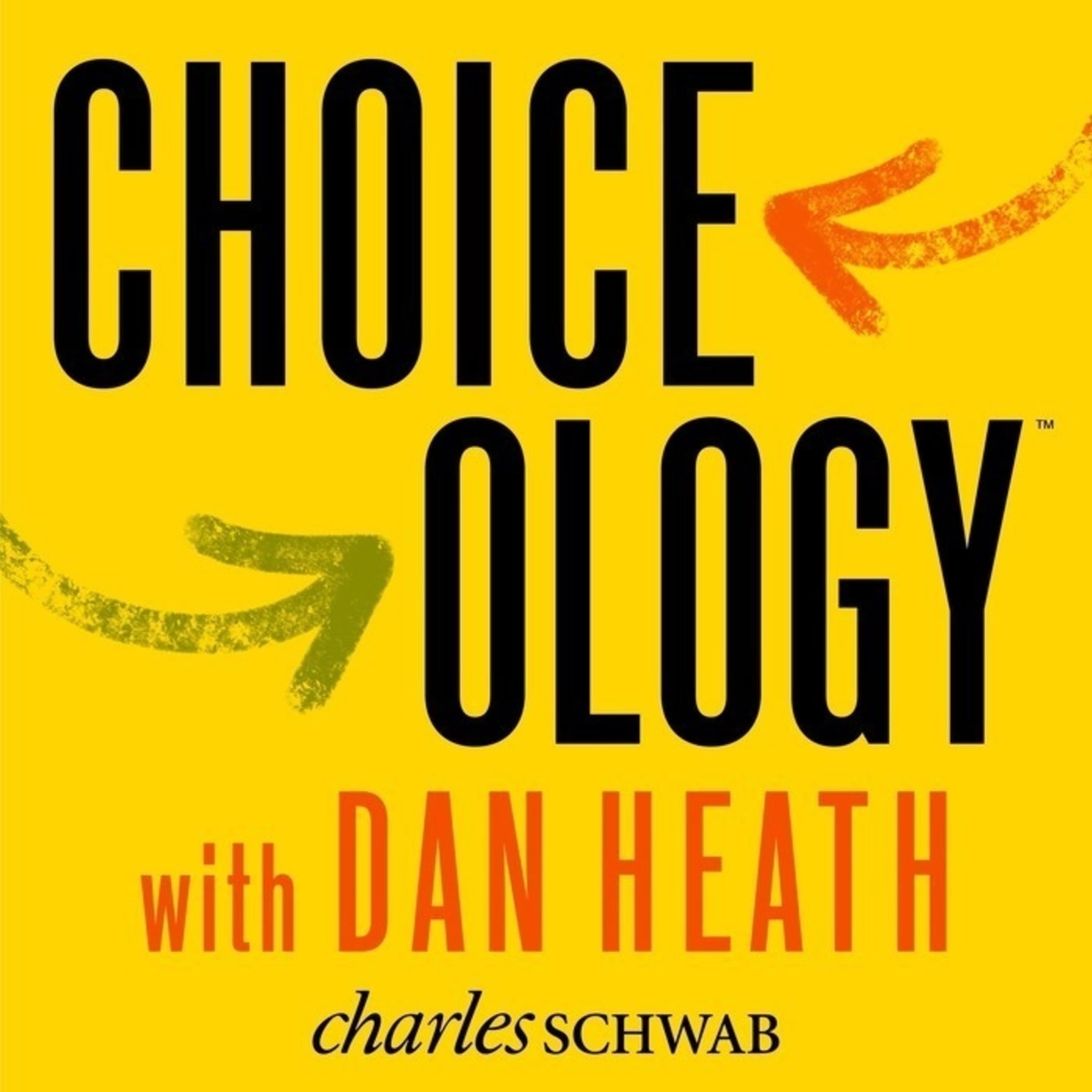It's Hard to Be Humble
The Battle of Midway. Saltine crackers. Carnival games. What do these seemingly unrelated things have in common? Well, they're connected by a common psychological trap—one that affects the way we all make decisions. In this first episode of Choiceology with Dan Heath:
- We reveal this bias and explain how it affects decisions, big and small.
- Jonathan Parshall tells the dramatic story of how it influenced the course of history during a World War II battle.
- A ridiculous cracker-eating contest demonstrates the pitfalls of this cognitive bias in real time.
- And Professor Don A. Moore explains the history and psychology behind the bias and offers advice on how to minimize its effects.
Choiceology is an original podcast from Charles Schwab.
If you enjoy the show, please leave a rating or review on Apple Podcasts.
Learn more about behavioral finance.
Explore more topics
All expressions of opinion are subject to change without notice in reaction to shifting market conditions. Data contained herein from third-party providers is obtained from what are considered reliable sources. However, its accuracy, completeness or reliability cannot be guaranteed.
Investing involves risk, including loss of principal.
Apple Podcasts and the Apple logo are trademarks of Apple Inc., registered in the U.S. and other countries.
Google Podcasts and the Google Podcasts logo are trademarks of Google LLC.
Spotify and the Spotify logo are registered trademarks of Spotify AB.



